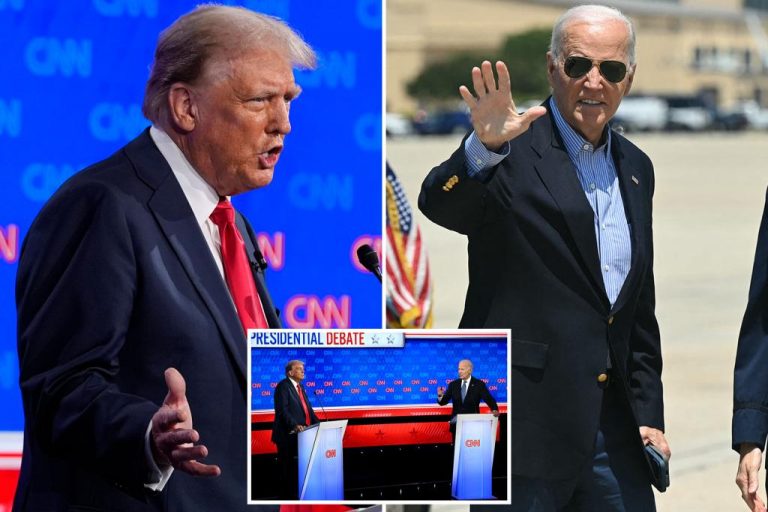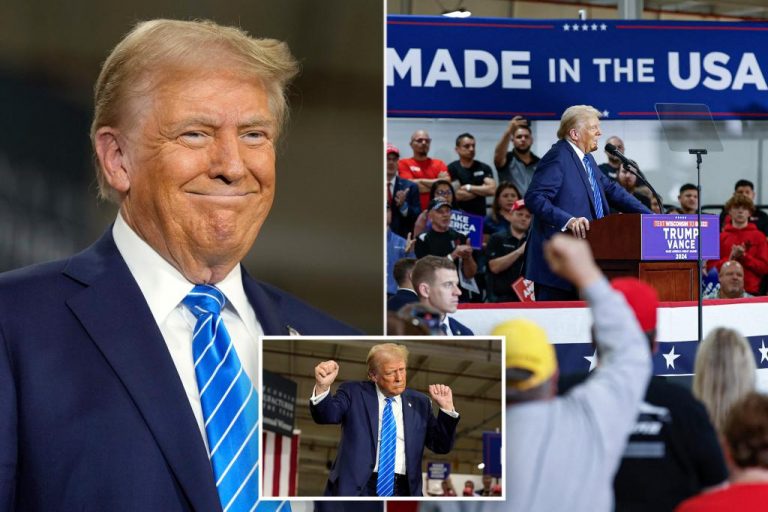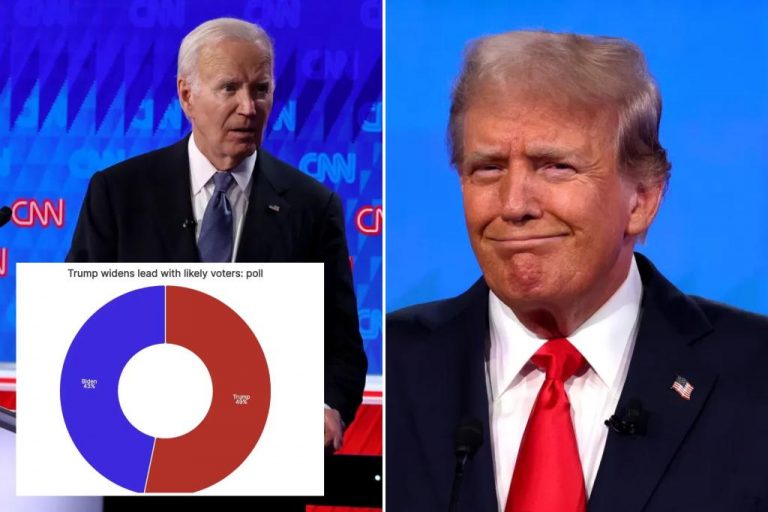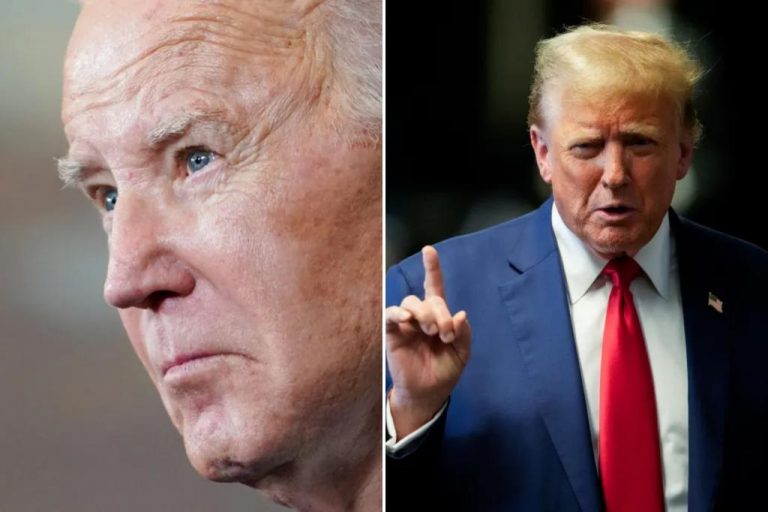Steve Bannon, a friend of Trump, fails to overturn contempt conviction.
Steve Bannon, a former key ally of ex-President Donald Trump, has hit a major setback in his legal battle. Bannon, who served as White House chief strategist, recently lost his appeal of a contempt conviction. This development has heightened the scrutiny on Bannon’s actions and his relationship with Trump.
The case stems from Bannon’s refusal to comply with a congressional subpoena. In 2021, the House Select Committee investigating the January 6 Capitol riot issued a subpoena to Bannon. However, Bannon defied the subpoena and refused to provide testimony or documents related to his involvement in the events leading up to the insurrection.
As a result of his non-compliance, the House of Representatives held Bannon in contempt of Congress. In November 2021, Bannon was indicted on two counts of contempt of Congress. He faced up to a year in prison and a fine of up to $100,000 for each count.
Despite the legal challenges, Bannon remained defiant and continued to claim executive privilege as justification for ignoring the subpoena. However, his argument did not hold up in court. In July 2022, a federal judge rejected Bannon’s claim of executive privilege, paving the way for his trial.
During the trial, prosecutors presented evidence showing Bannon’s deliberate refusal to cooperate with the congressional subpoena. The prosecution argued that Bannon’s actions were a clear violation of the law and a threat to the constitutional oversight powers of Congress.
After a thorough review of the evidence and legal arguments, the jury found Bannon guilty on both counts of contempt of Congress. The judge presiding over the case sentenced Bannon to 60 days in prison for each count, to be served concurrently.
Following the conviction, Bannon decided to appeal the verdict, hoping to overturn the ruling. However, his appeal was unsuccessful, as the appellate court upheld the lower court’s decision. This outcome has further solidified Bannon’s legal troubles and raised questions about his future political influence.
As a close confidante of Donald Trump, Bannon’s legal woes have implications beyond his personal situation. The case has shed light on the contentious issue of executive privilege and the limits of presidential power. It also underscores the importance of congressional oversight and accountability in a democracy.
Moreover, Bannon’s conviction has reignited the debate on the events of January 6 and the role of prominent figures in inciting the Capitol riot. Many critics of the Trump administration see Bannon’s conviction as a step towards holding accountable those responsible for the violence that unfolded on that fateful day.
Despite the setback, Bannon remains a polarizing figure in American politics. His influence within the conservative movement and his close ties to Trump continue to shape the political landscape. The outcomes of his legal battles will undoubtedly impact his standing and reputation within the Republican Party.
In conclusion, Steve Bannon’s failed appeal of his contempt conviction marks a significant moment in his legal saga. The case represents a clash between the powers of the executive branch and Congress, with far-reaching implications for the rule of law and democratic norms. As Bannon faces the consequences of his actions, the repercussions of his defiance reverberate through the political sphere, leaving a lasting impact on the legacy of the Trump era.








